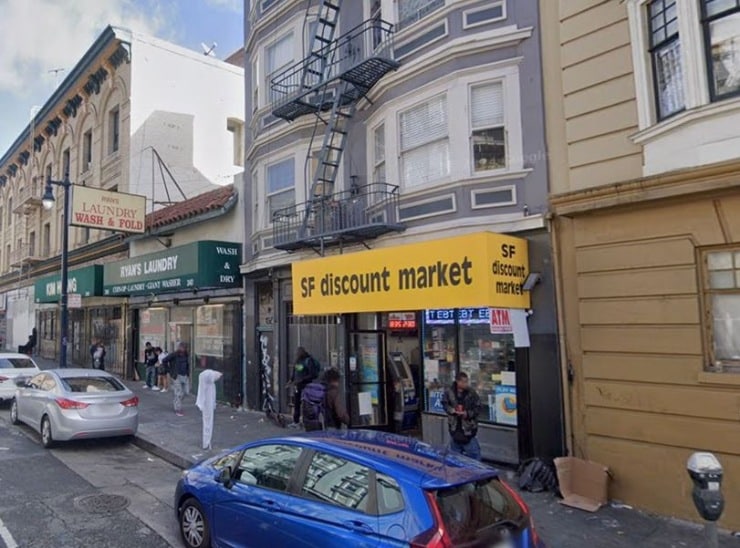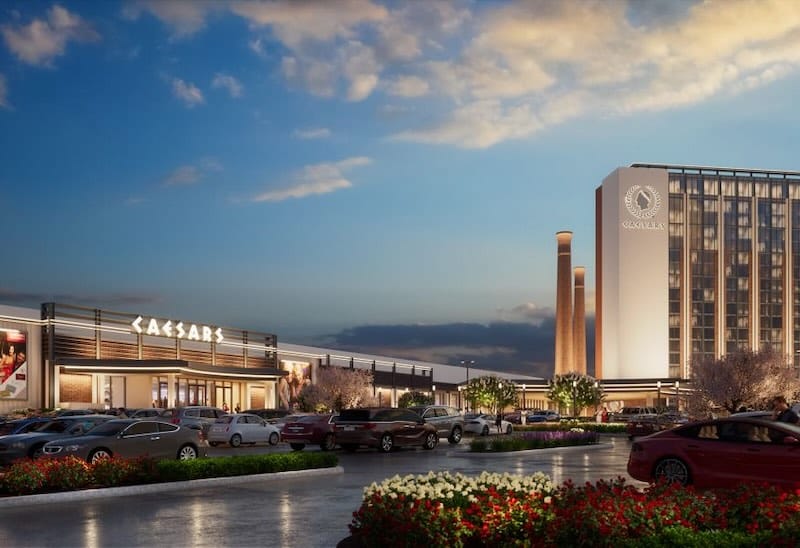
The shifting sands: How Las Vegas Sands has changed – and could still change

Just two months after billionaire Sheldon Adelson died in January 2021, the company he headed for more than three decades agreed to sell its two Las Vegas properties, doubling down on Sands’ investments in Asia, particularly in the gambling hub of Macau.
Since then, Las Vegas Sands has also applied for a license to develop a $5bn casino, hotel and entertainment venue in Long Island, New York. It also flirted, briefly, with online gaming, a venture Adelson staunchly opposed while he was alive.
Given online’s potential for profits, it seems only a matter of time before Sands re-enters the fray.
In July 2021, Sands Chairman and CEO Rob Goldstein said, “Digital gaming and other related offerings are still very much in the early stages of development, and we believe there is an outstanding opportunity for us to invest in the technologies being developed.”
A statement like that would have never been made while Adelson was alive. It is perhaps the most glaring example of how Sands has shifted since Adelson died at 87.
The Rat Pack’s Place
The Sands Hotel and Casino was an iconic property on the Strip, opening in 1952. The resort became a favorite of Frank Sinatra and the Rat Pack in the 1950s, boosting its profile.
In the late 1970s, Adelson founded the wildly successful trade show Comdex, which allowed him to eventually purchase the Sands Hotel in 1989 and then build, next door, the Sands Expo and Convention Center a year later. And Oliver Lovat once wrote for Gaming America that, today, Las Vegas could survive without gaming – but now without the convention circuit.
The Sands Hotel, however, was unable to compete with the newer, flashier resorts on the Strip. So the ever-unsentimental Adelson had it demolished to make room for The Venetian, construction of which began in 1997.
Las Vegas Sands went public in 2004 and its name was changed to the Las Vegas Sands Corporation. That same year, the Sands Macao resort opened, staking Adelson’s flag into the jurisdiction that would become the primary source of the corporation’s incredible profits, and indeed, become the main source of its business today.
The following year, Sands began construction on The Venetian’s sister property, The Palazzo, in Las Vegas. But from then on out, Sands focused mainly on Asia, ultimately building five properties in Macau and one in Singapore.
Along the way, Adelson became convinced that online gaming posed an almost existential threat to land-based casinos and the convention business. He once went so far as to say that he was “willing to spend whatever it takes” to stop online gambling, flying in the face of other gambling investors who felt online was the natural evolution of the gaming industry – and were, for the most part, eventually proven correct.
Rapid changes after Adelson’s death
Still, Adelson was known to be stubborn; Las Vegas Sands would never change course while he remained in charge. That all changed, of course, when he died on January 11, 2021, after a long illness.
Even before he died, Adelson had hinted he might be willing to part ways with his Las Vegas properties. But once he had passed, the company seemed poised to enter a new era. And it did, almost immediately.
Not two months after Adelson had died, Las Vegas Sands announced on March 3, 2021 that it had reached an agreement to sell its Las Vegas properties to Apollo Global Management for more than $6bn.
Goldstein, who became head of Sands beginning in early January, said at the time, “As we announce the sale of The Venetian Resort, we pay tribute to Mr. Adelson’s legacy while starting a new chapter in this company’s history. This company is focused on growth, and we see meaningful opportunities on a variety of fronts.
“Asia remains the backbone of this company and our developments in Macao and Singapore are the center of our attention. We will always look for ways to reinvest in our properties and those communities. There are also potential development opportunities domestically, where we believe significant capital investment will provide a substantial benefit to those jurisdictions while also producing very strong returns for the company.”
And, indeed, that’s exactly what Sands has done: focus on the Asian market, explore other domestic opportunities in the form of the Long Island project and flirt with online gaming.
The strategy seems to be paying off. In the first quarter of 2023, Las Vegas Sands’ net revenue was up $943m from the fourth quarter of 2022, to $2.12bn. The corporation saw its mass gaming revenue at Marina Bay Sands, its Singapore property, reach an “all-time property record” of $549m, up 15% from the fourth quarter of last year. Overall, the mass gaming revenue for Sands’ Macau properties reached $1bn for the first time since 2019.
Goldstein said at the time, “We remain deeply enthusiastic about the opportunity to continue our investments to enhance Macau’s tourism appeal to travelers from throughout the region, including to foreign visitors to Macau. Our decades-long commitment to making investments that enhance the business and leisure tourism appeal of Macau and support its development as a world center of business and leisure tourism positions us exceedingly well to deliver strong growth as visitation to the market increases and the recovery in travel and tourism spending proceeds.”
What’s next?
So where does Las Vegas Sands go from here? Despite briefly dipping its toe into online gaming and then scampering away less than two years later, it seems inevitable the company will again set its sights on the Internet – someday.
The growth in online gaming has reached a point now where no operator will be able to ignore it, and Sands is no different.
Perhaps the only question that remains on that front is when Las Vegas Sands will fully commit to that market – and in what way.
Ironically, if Sands does enter online gaming again in a real way, given the internet’s worldwide reach, the company could someday return to its roots in Sin City.
Wouldn’t that be something? The Sands, in the end, could shift back to the Las Vegas desert.
Tags/Keywords
Players trust our reporting due to our commitment to unbiased and professional evaluations of the iGaming sector. We track hundreds of platforms and industry updates daily to ensure our news feed and leaderboards reflect the most recent market shifts. With nearly two decades of experience within iGaming, our team provides a wealth of expert knowledge. This long-standing expertise enables us to deliver thorough, reliable news and guidance to our readers.






